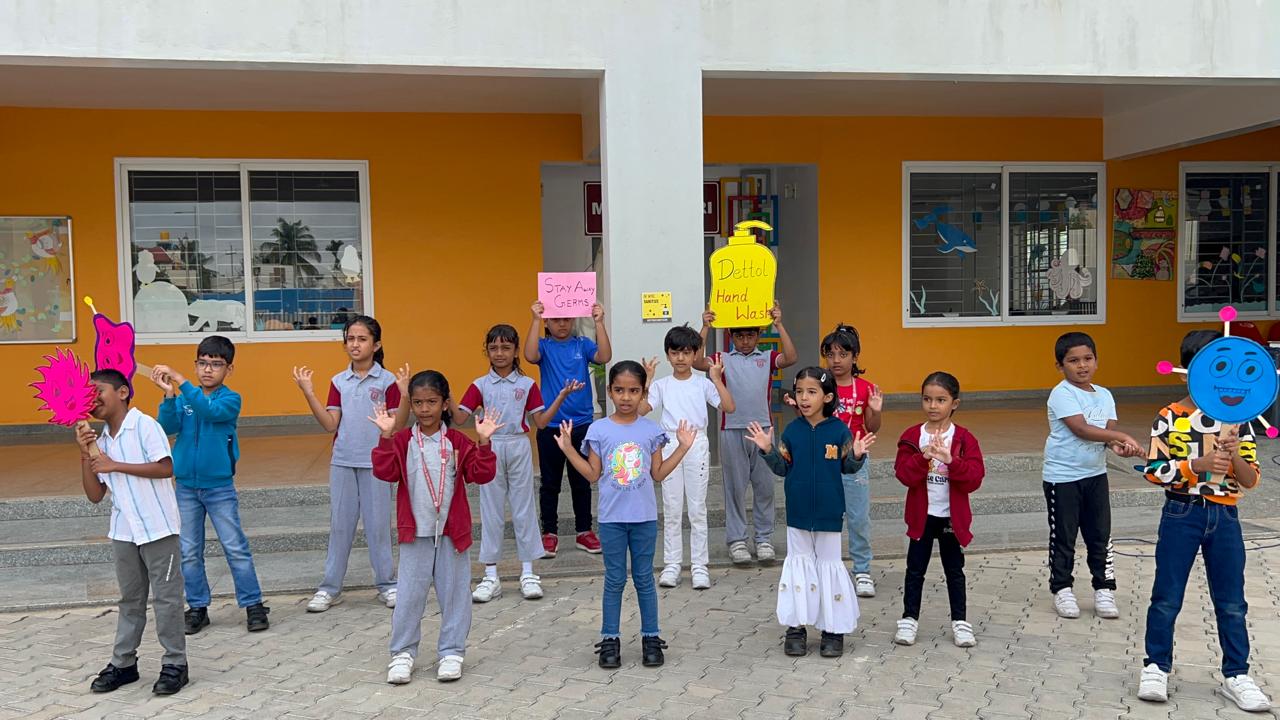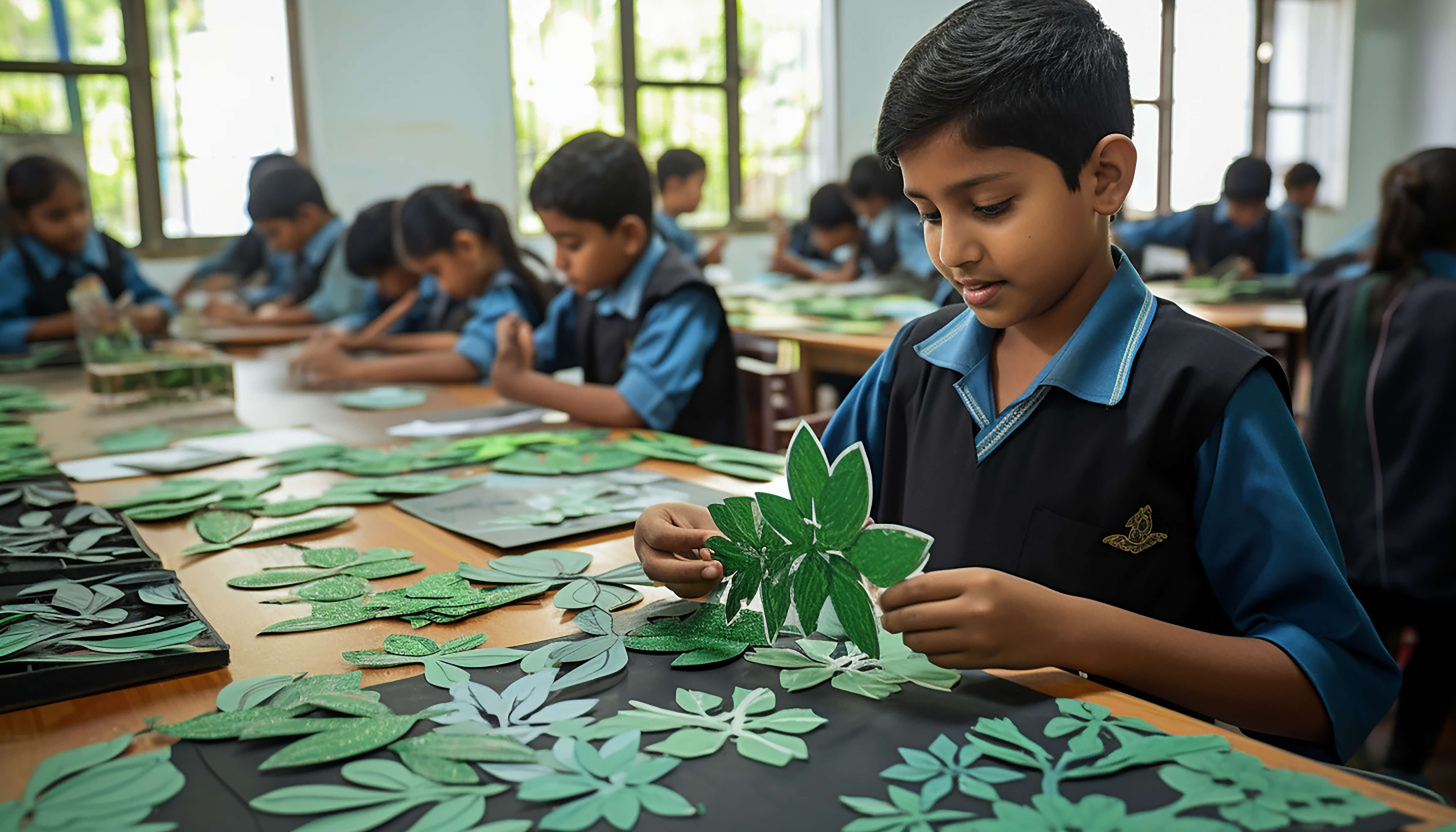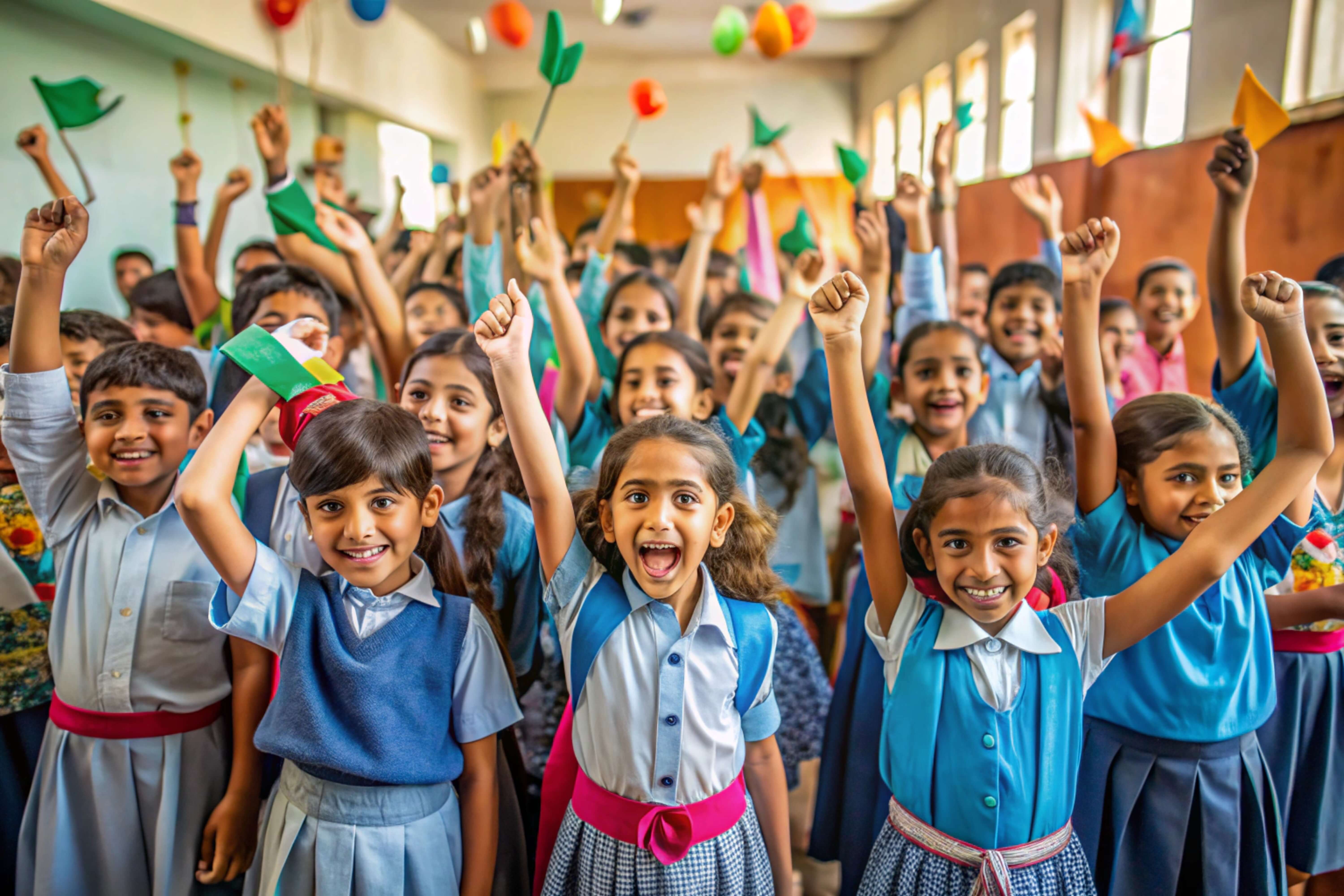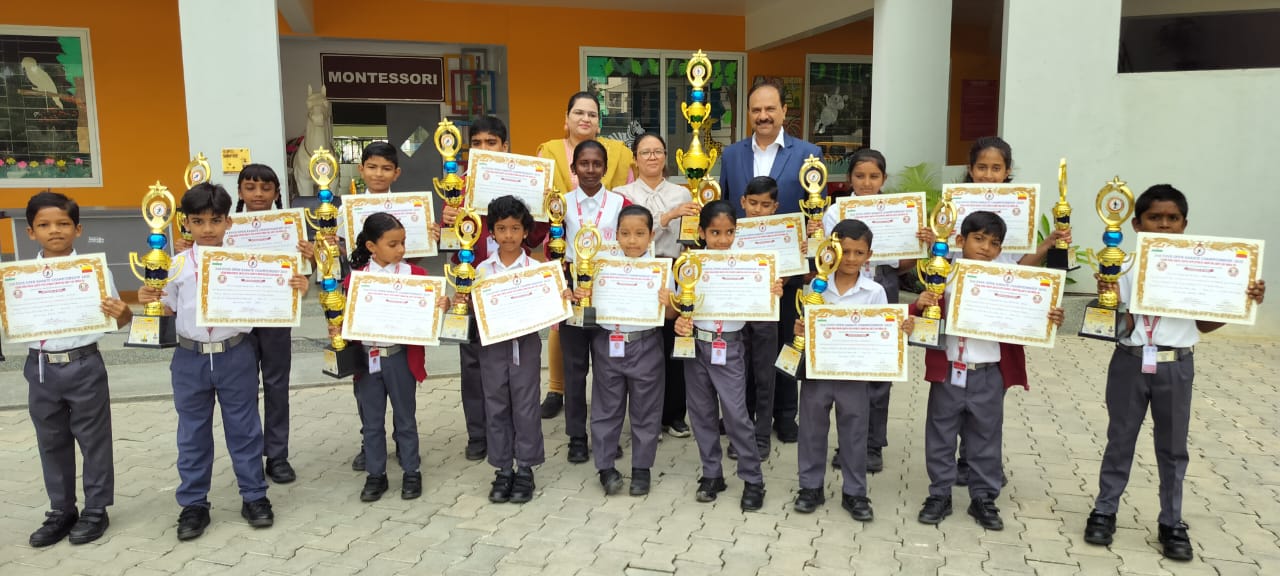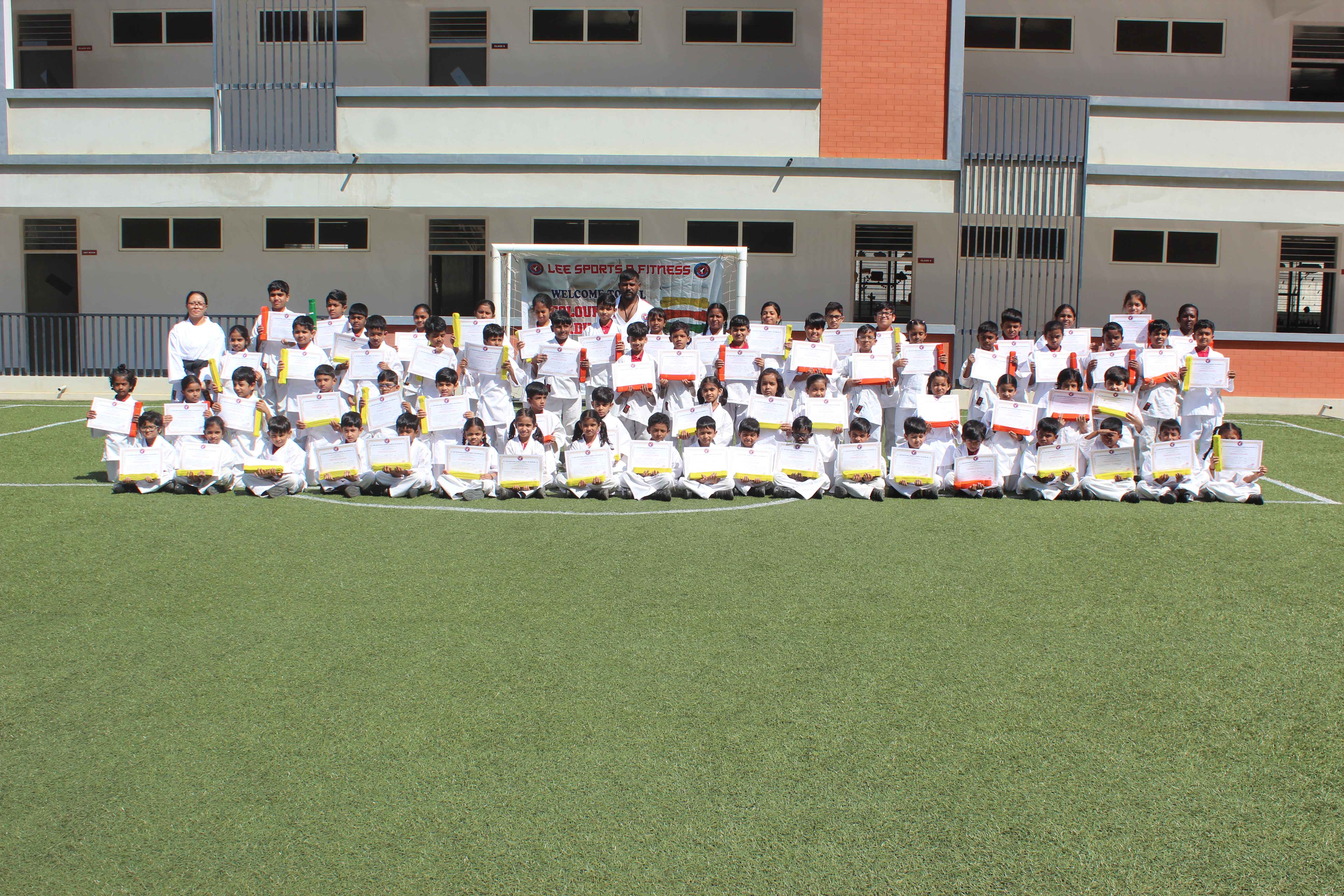Life in the 21st century is undoubtedly comfortable but comes with its own challenges. While adults struggle through their everyday roles, young children are also affected by the complexities of modern life.
Childhood and adolescence usher in significant physical, cognitive, emotional, moral, and social transformations. While most children adjust smoothly, some may grapple with stress, potentially resulting in psychological issues. It is crucial to comprehend and tackle these stressors early on to cultivate well-balanced young minds, setting the stage for a prosperous future.
Let us start by…
Understanding Mental Health in Children
Children until the age 25 undergo visible development in attitudes, behaviours, and cognitive abilities. Therefore, not every uncertain behaviour can be labelled as mental distress. This period of growth, where they make mistakes and experiment with attitudes and behaviours, helps them develop resilience, learn from experiences, and form their own unique identities. It’s a crucial time for personal exploration and establishing a foundation for adult life.
But in the process, it might be difficult for them to choose the right paths or make decisions that align with their long-term well-being. Sometimes, the pressures of social expectations, academic performance, and personal relationships can overwhelm them. It’s essential for caregivers and educators to provide support and guidance, helping them navigate these challenges without overwhelming stress.
Some strong distress identifiers are sudden and frequent changes in mood, behaviour, appetite and sleep patterns. Unexplained physical symptoms (skin allergies, frequent headaches, stomachaches, & fatigue) and a steep decline in school performance can also be considered vital indicators.
Other extreme cases of mental distress in children can include:
- Hyperattention disorder/Attention Deficit Hyperactivity Disorder (ADHD).
- Major depressive disorder.
- Anxiety disorders.
- Obsessive-compulsive disorder (OCD).
- Post-traumatic stress disorder (PTSD).
Conditions like bipolar disorder and schizophrenia, though less common in young children, can also manifest in late adolescence and are severe forms of mental distress. These conditions require careful diagnosis and management by healthcare professionals.
Understanding these developmental changes and psychological strain is crucial for providing appropriate support and guidance and effectively helping young people navigate the complexities of adolescence and early adulthood.
How Parents Can Support Children’s Mental Health Journey?
• Let them Act Out!
It’s okay for children to have emotional meltdowns or outbursts; they sometimes need an outlet. Witnessing this can be challenging for parents, but hear me out!
When children have emotional outbursts, they are simply comfortable being vulnerable. As adults, we understand the rarity of vulnerability being accepted. Society often expects us to behave in certain ways, and this expectation can be passed down to our children when we expect them not to act out.
“Acting out,” or “expressing emotions,” helps children recognise their stress and seek help. It also allows parents to understand the intensity of their problems and address them in a more relaxed and friendly way.
• Consider Including a Pet in Your Family!
Owning a pet can offer substantial socio-emotional advantages for children, mainly serving as a stress reliever during difficult times.
A research study titled “Effect of Pet Dogs on Children’s Perceived Stress and Cortisol Stress Response” involving children aged 7-12 found that those with pet dogs displayed lower stress responses than those who were alone or with a parent.
The study implies that pets, primarily through fun interactions like petting, are great emotional buddies for kids. Not only does it help children relax, but it also develops a sense of responsibility and builds emotional resilience in them.
• Growth Through Hobbies and Outdoor Exposure
What every parent looks for is a successful transition of children from school and home to the real world.
Hobby classes, sports, artistic pursuits like painting and music, and nature exploration programs can all contribute to their internal growth as these activities bridge their inner and outer worlds.
These experiences help them see failures in a positive light, adopt a growth mindset, improve their ability to collaborate with others and bring a sense of calmness and surety within. They go on creating the most creative world around them, which nurtures their imagination and encourages them to innovate, further enriching their personal and social development. This creative exploration lays a strong foundation for handling life’s challenges and opportunities.
Supporting Student Mental Health at CMR Gandhi Public School
Children are susceptible and perceptive. It’s essential that they feel understood and heard through every silence, victory, and failure. We recognise the need for such an environment and education at CMR Gandhi Public School, one of the best CBSE schools near Doddakannelli, Bengaluru. We address mental health by enhancing emotional resilience through extracurricular activities, creative workshops, and student-centred classroom practices. This approach has helped our children receive the support they need to thrive emotionally and academically.
To learn more about our initiatives in support of students’ mental health, visit our website: https://cmrgandhipublicschool.com/.



